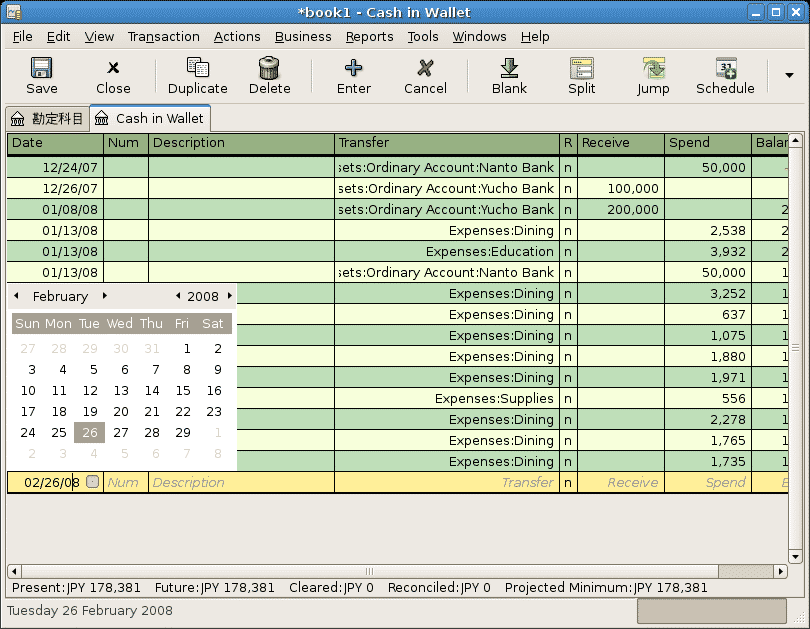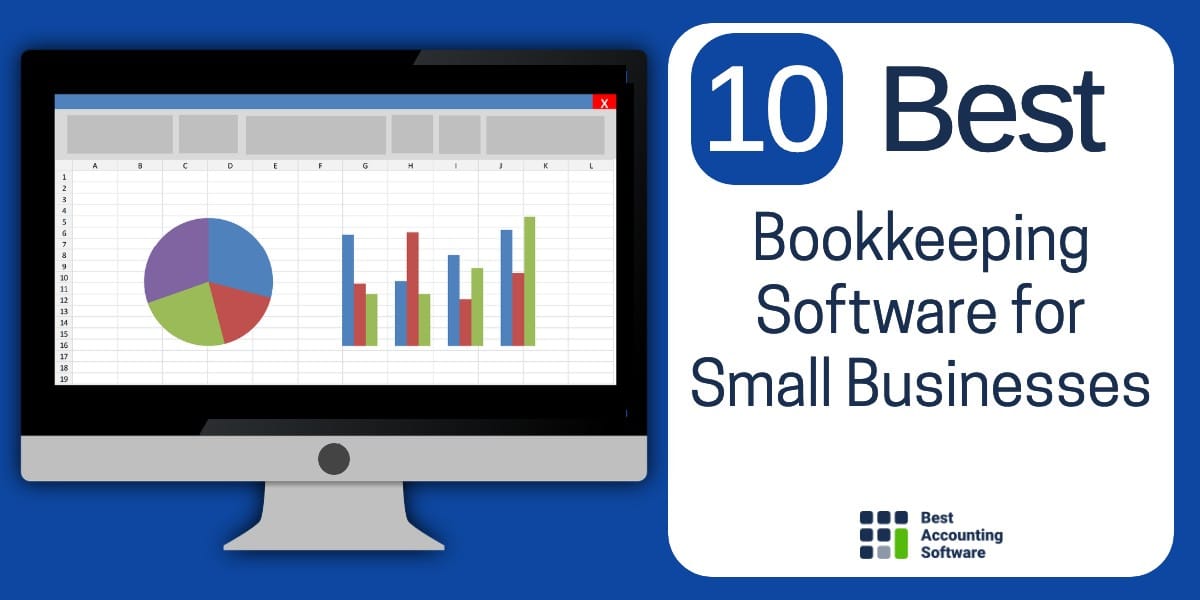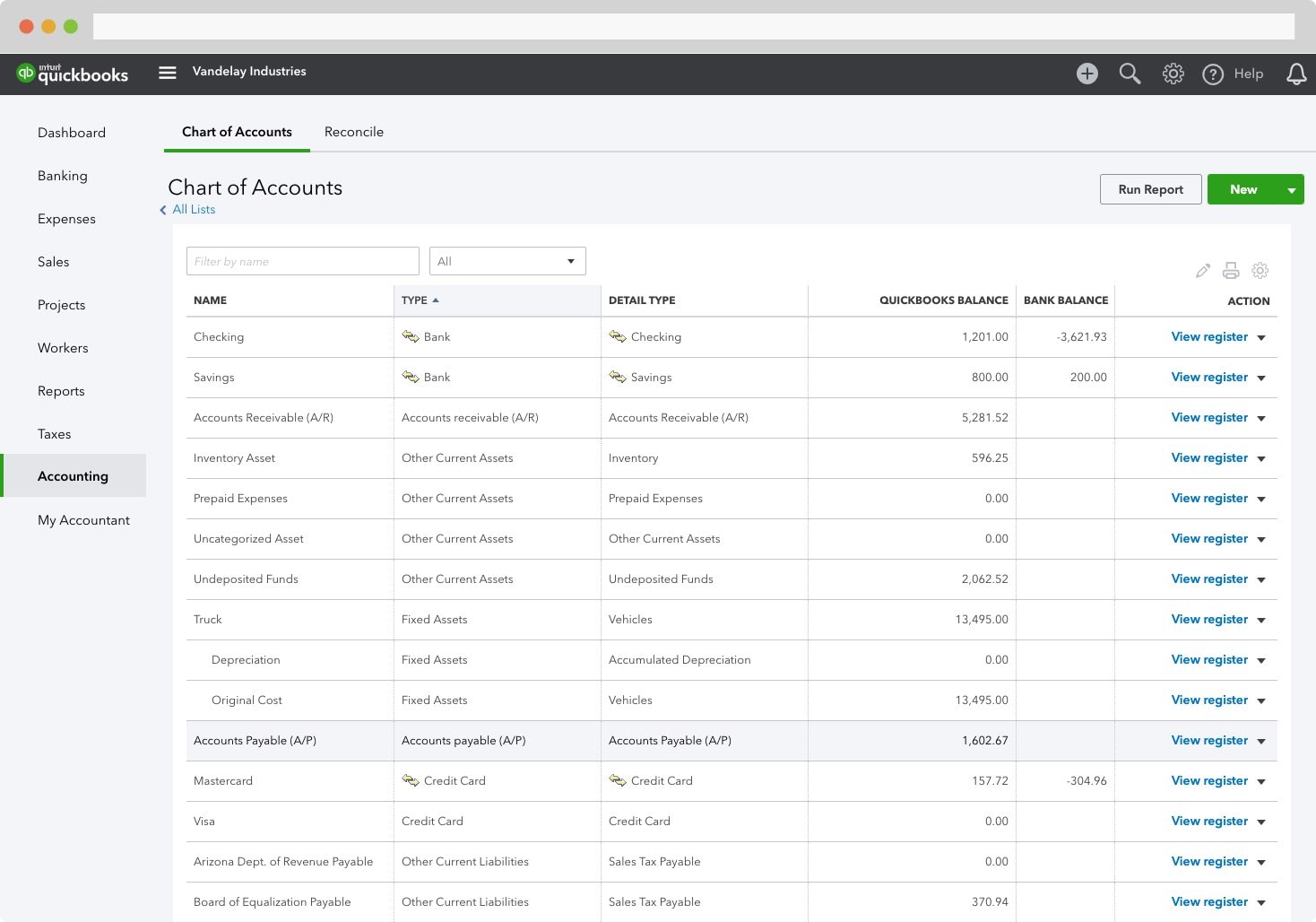
Choosing the right bookkeeping software can be the difference between thriving and drowning for a small business. This comprehensive guide cuts through the marketing jargon and provides you with a clear, concise understanding of what makes for excellent bookkeeping software and how to choose the best option for your specific needs. We’ll explore key features, pricing structures, and considerations to help you make an informed decision that will save you time, money, and headaches in the long run. This guide aims to be your ultimate resource, empowering you to select the software that best supports your business’s growth.

Introduction
Running a small business is challenging enough without wrestling with complex accounting tasks. The right bookkeeping software can streamline your finances, providing crucial insights into your business’s performance. But with countless options available, finding the perfect fit can feel overwhelming. This guide will dissect the critical aspects to consider, helping you navigate the choices and select the bookkeeping software that empowers your business to flourish. We’ll examine the top contenders and highlight their strengths and weaknesses, so you can make a confident choice tailored to your unique circumstances.
Frequently Asked Questions (FAQs)
- Q: What is bookkeeping software, and why do I need it? A: Bookkeeping software automates many manual accounting tasks, such as tracking income and expenses, managing invoices, generating financial reports, and reconciling bank accounts. It saves you time, reduces errors, and provides valuable insights into your business’s financial health, allowing you to make more informed decisions.
- Q: How much does bookkeeping software cost? A: The cost varies significantly depending on the features offered and the size of your business. Some offer free plans with limited features, while others charge monthly or annual subscriptions, with pricing often increasing with the number of users or features included. Carefully compare pricing models before committing.
- Q: Can I switch bookkeeping software if I’m not satisfied? A: Yes, you can generally switch bookkeeping software. However, transferring data between platforms can sometimes be complex, so it’s crucial to research data migration options before selecting a software. Check for export and import capabilities to ensure a smooth transition if necessary.
Ease of Use and Interface
Choosing user-friendly software is paramount. Intricate interfaces can lead to frustration and wasted time. Look for software with intuitive navigation, clear instructions, and helpful customer support. A software that’s easy to learn and use will significantly increase your efficiency and reduce the time spent on bookkeeping tasks.
- Intuitive Dashboard: A well-designed dashboard provides a clear overview of your financial status at a glance. Look for features like customizable dashboards and widgets for key metrics.
- Simple Data Entry: The data entry process should be straightforward and error-free. Software with features like automated data import and intelligent data entry suggestions can significantly improve efficiency.
- Mobile Accessibility: Mobile access allows you to manage your finances from anywhere, at any time. This is particularly useful for entrepreneurs constantly on the go.
- Excellent Customer Support: Comprehensive and readily available customer support is essential, particularly when dealing with complex accounting issues. Look for multiple support channels (email, phone, live chat) and helpful documentation.
- User Reviews and Ratings: Before committing, always check user reviews and ratings to get a sense of the software’s ease of use from other users’ perspectives.
Features and Functionality
Beyond basic bookkeeping tasks, consider the specific features that align with your business needs. Do you require inventory management, project tracking, or advanced reporting capabilities? Select software that scales with your business’s growth.
- Automated Bank Reconciliation: This critical feature automatically matches your bank transactions with your bookkeeping records, minimizing manual effort and improving accuracy.
- Invoicing and Payment Processing: Seamless invoicing and payment processing capabilities streamline client payments and reduce outstanding invoices. Integrations with payment gateways are highly desirable.
- Expense Tracking: Robust expense tracking tools allow you to categorize and track expenses efficiently, providing detailed insights into your spending habits.
- Financial Reporting: The ability to generate customized reports—profit and loss statements, balance sheets, cash flow statements—is crucial for informed decision-making.
- Tax Preparation Assistance: Some software integrates with tax preparation software, simplifying the year-end tax filing process.
Scalability and Integrations
As your business grows, so will your bookkeeping needs. Choose software that can scale with your business, accommodating increasing transaction volumes and more complex accounting requirements. Consider integration capabilities with other business tools you use.
- Multiple User Access: If you have employees or contractors handling financial tasks, look for software that allows multiple users with different permission levels.
- API Integrations: Application Programming Interfaces (APIs) allow the software to integrate seamlessly with other business tools such as CRM, payroll, and e-commerce platforms. This streamlines your workflow and eliminates data entry duplication.
- Cloud-Based Access: Cloud-based software provides access to your financial data from anywhere with an internet connection, enhancing flexibility and collaboration.
- Data Backup and Security: Choose a platform with robust data backup and security measures to protect your sensitive financial information.
- Future-Proofing: Consider software with a proven track record of updates and improvements to ensure it remains relevant and functional as accounting regulations and business needs evolve.
Pricing and Value
The cost of bookkeeping software is a significant factor, but it shouldn’t be the only determining factor. Compare the pricing models (monthly, annual, per-user) and the features offered to determine the best value for your money. Don’t solely focus on the lowest price; prioritize software that provides the features you need and offers excellent value for the long term.
- Free vs. Paid Plans: Many software providers offer free plans with limited features. Consider whether the free plan meets your current needs, or if a paid plan with more functionality is a better long-term investment.
- Hidden Fees: Be aware of any hidden fees, such as transaction fees, support fees, or extra charges for add-on features.
- Contract Lengths: Pay attention to contract lengths and cancellation policies. Avoid long-term contracts if you’re unsure about the software’s suitability.
- Value for Money: Assess the overall value proposition. Does the software provide the features you need at a price that aligns with your budget and business goals?
Customer Support and Resources
Reliable customer support is crucial, especially when encountering technical issues or needing assistance with complex accounting tasks. Look for software with multiple support channels (phone, email, chat, online help center) and readily available resources such as tutorials and FAQs.
- Responsiveness: How quickly does the support team respond to inquiries? Check online reviews to gauge the responsiveness of customer support.
- Knowledge Base: A comprehensive knowledge base with FAQs and tutorials can answer many common questions without requiring direct contact with support.
- Community Forums: Active community forums allow you to connect with other users, share experiences, and troubleshoot problems collaboratively.
- Training Resources: Access to training resources, such as webinars and tutorials, can help you quickly learn how to use the software effectively.
Conclusion
Choosing the right bookkeeping software is a pivotal decision for any small business. By carefully considering factors like ease of use, features, scalability, pricing, and customer support, you can select a software solution that will streamline your financial processes, improve accuracy, and empower you to make more informed business decisions. Don’t rush the process; take the time to research your options, and choose the software that best fits your current and future needs. Investing in the right bookkeeping software is an investment in your business’s success.
